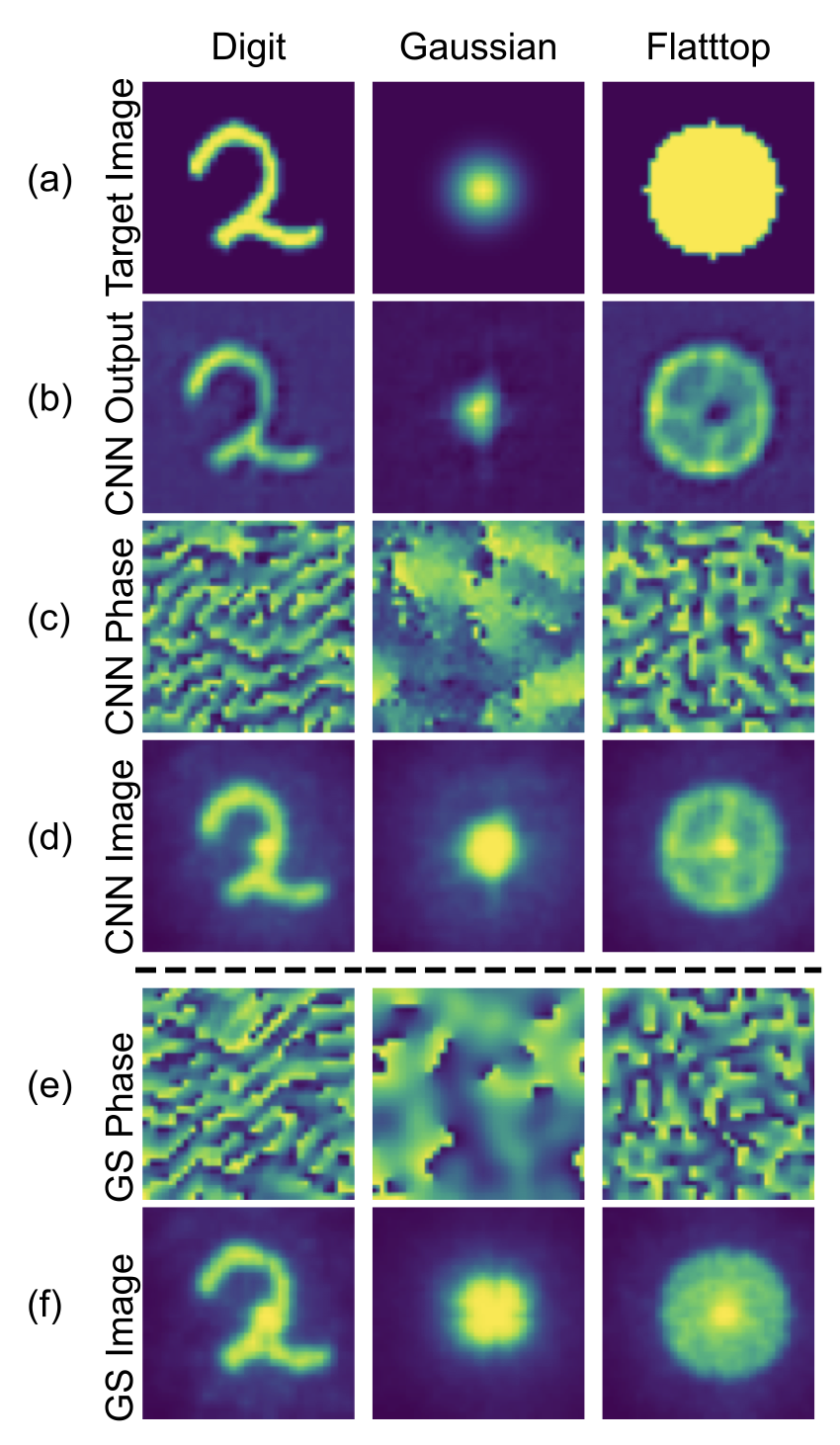Abstract
 |
FLUTE (Ferninfrarot Linac- und Test-Experiment) at KIT is a compact linac-based test facility for novel accelerator technology and a source of intense THz radiation. FLUTE is designed to provide a wide range of electron bunch charges from the pC- to nC-range, high electric fields up to 1.2 GV/m, and ultra-short THz pulses down to the fs-timescale. The electrons are generated at the RF photoinjector, where the electron gun is driven by a commercial titanium sapphire laser. In this kind of setup the electron beam properties are determined by the photoinjector, but more importantly by the characteristics of the laser pulses. Spatial light modu- lators can be used to transversely and longitudinally shape the laser pulse, offering a flexible way to shape the laser beam and subsequently the electron beam, influencing the produced THz pulses. However, nonlinear effects inherent to the laser manipulation (transportation, compression, third harmonic generation) can distort the original pulse. In this paper we propose to use machine learning methods to ma- nipulate the laser and electron bunch, aiming to generate tailor-made THz pulses. The method is demonstrated exper- imentally in a test setup. |
Chenran Xu et al., Machine Learning Based Spatial Light Modulator Control for the Photoinjector Laser at FLUTE, Proceedings of the 12th International Particle Accelerator Conference